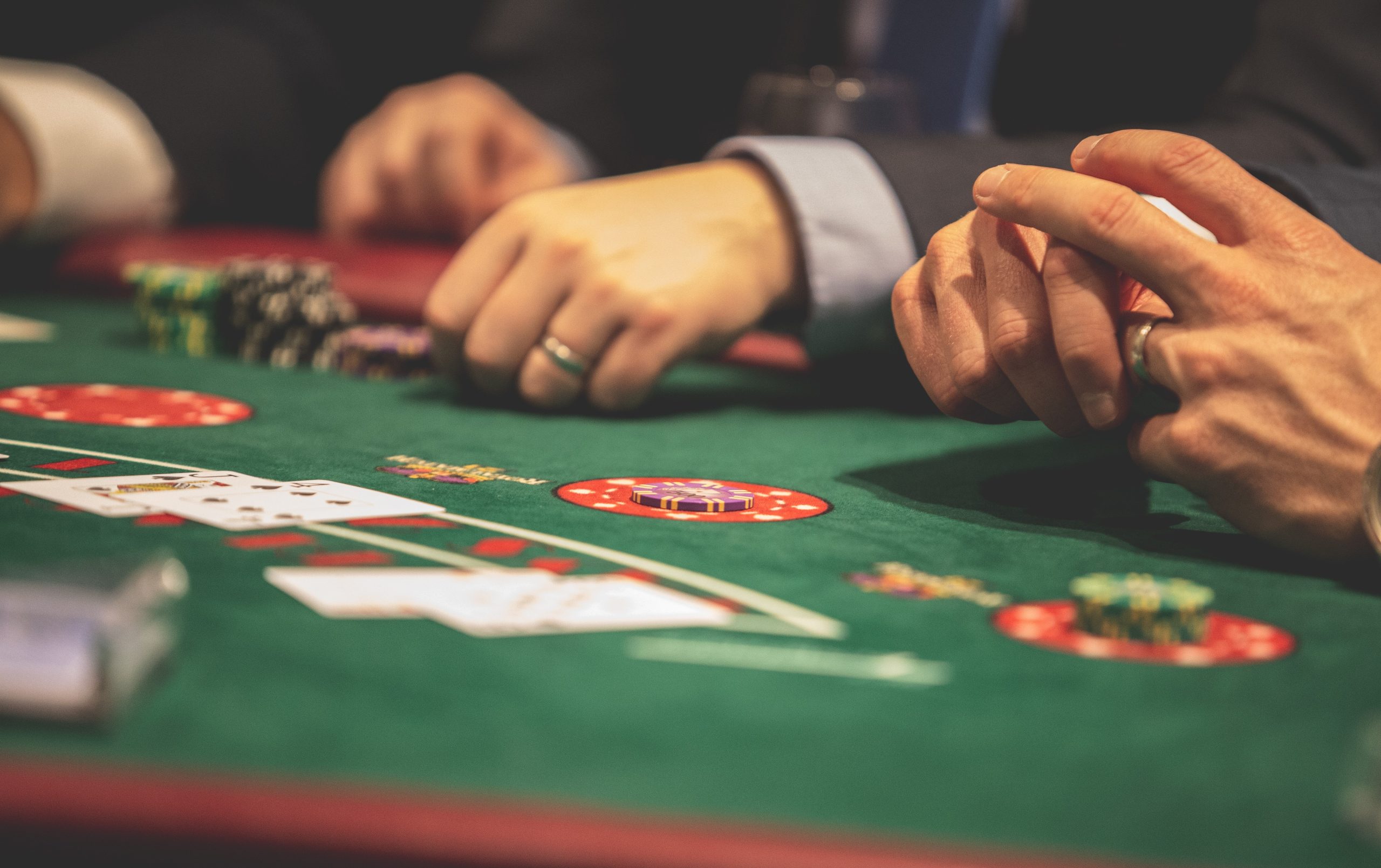The issue of gambling problems has witnessed a concerning surge within contemporary society, impacting individuals across diverse demographics. It is crucial to recognize that these challenges bear profound consequences, impacting not solely the individuals directly affected but also reverberating through their families and communities. The process of recovering from a gambling problem is often laden with difficulties; however, its initiation hinges upon the pivotal act of seeking assistance. Within this comprehensive guide, we shall delve into three fundamental phases, elucidating the crucial steps for securing the requisite support and resources indispensable for a triumphant recovery from the clutches of gambling addiction.
Step 1: Self-Reflection and Acceptance
The inaugural stride in surmounting a gambling-related predicament entails embarking on a profound journey of introspection and self-acceptance. This introspection involves a candid and thorough examination of one’s gambling behavior, encompassing an acknowledgment of the telltale signs and symptoms of addiction that may have stealthily crept into their life. It is during this phase that individuals confront the uncomfortable truths about their actions and confront the reality of their situation.
Understanding the gravity of the repercussions that accompany gambling addiction becomes imperative, and this understanding can be augmented by reaching out to a helpline for gambling addictions where trained professionals can provide guidance and information, given the potential for profound financial burdens, emotional turmoil, and the painful fracturing of cherished interpersonal relationships.
The process of accepting the imperative for change marks a pivotal juncture in the recuperation process, signifying the individual’s unwavering commitment to effecting the necessary modifications and reclaiming command over the trajectory of their life.
This momentous decision signifies the individual’s recognition that their current path is unsustainable and that a transformation is not only desirable but also essential for their well-being and the well-being of those around them. It is a profound and courageous step towards a brighter and more fulfilling future.
Step 2: Seeking Professional Support
Recognizing the intricate nature of gambling addiction stands as an imperative facet of this phase. Given the intricate psychological and emotional aspects inherent in addiction, professional guidance frequently becomes indispensable. A critical aspect of this phase involves locating a therapist or counselor with a specialized background in addressing gambling addiction, which is essential due to the complexity of this condition.
To ensure the receipt of the most efficacious assistance, individuals must engage in exhaustive research, solicit recommendations, and meticulously evaluate qualifications. An array of treatment modalities, including Cognitive-Behavioral Therapy (CBT), group therapy, and medication-assisted interventions, can be explored to craft a customized treatment blueprint calibrated to cater to the individual’s distinct requirements, ensuring a holistic approach to recovery and align with their unique aspirations for a comprehensive and effective recovery journey.
Step 3: Building a Support System
The establishment of a resilient support network constitutes a linchpin for sustaining recovery from gambling-related issues. The involvement of close-knit connections such as family and trusted friends assumes paramount importance within the healing trajectory. Fostering an environment of open and transparent communication serves as the cornerstone for rebuilding trust and rehabilitating relationships that may have frayed due to the vicissitudes of gambling addiction.
Additionally, participation in support groups akin to Gamblers Anonymous or analogous organizations confers a sense of community and peer reinforcement. The adoption of a health-conscious lifestyle, encompassing physical fitness, stress management, and the ability to identify and steer clear of high-risk situations, embodies integral facets of this stage.
This multifaceted approach bolsters the individual’s resilience and enhances their prospects for a successful and lasting recovery journey, offering a ray of hope in the arduous path towards reclaiming a life free from the grip of gambling addiction.
Conclusion
The pursuit of assistance for gambling problem recovery represents a pivotal journey that commences with self-reflection and self-acceptance, proceeds with the enlistment of professional support, and culminates in the cultivation of a robust support network. Although the journey toward recovery may be marked by formidable challenges, it remains within the realm of achievable goals. Armed with determination, access to pertinent resources, and bolstered by the unwavering support of loved ones and peers, individuals possess the capacity to wrest control over their lives and liberate themselves from the clutches of gambling addiction. It is crucial to remember that recovery is a viable prospect, and the primary stride lies in the act of seeking assistance.
